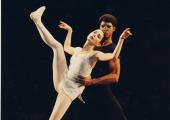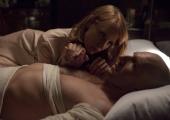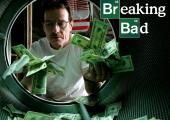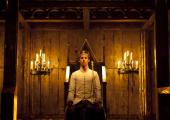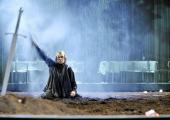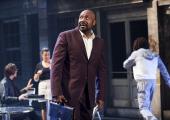King Lear, Tobacco Factory, Bristol
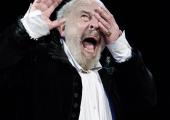
A traditional Lear triumphs in the heat of Bristol's alchemical vessel
King Lear was the play that launched Shakespeare at the Tobacco Factory 12 years ago. The company, under the inspired artistic direction of Andrew Hilton, opened its 2012 season with a brand new production that displays all the qualities that have made this remarkable company unique in Britain.

